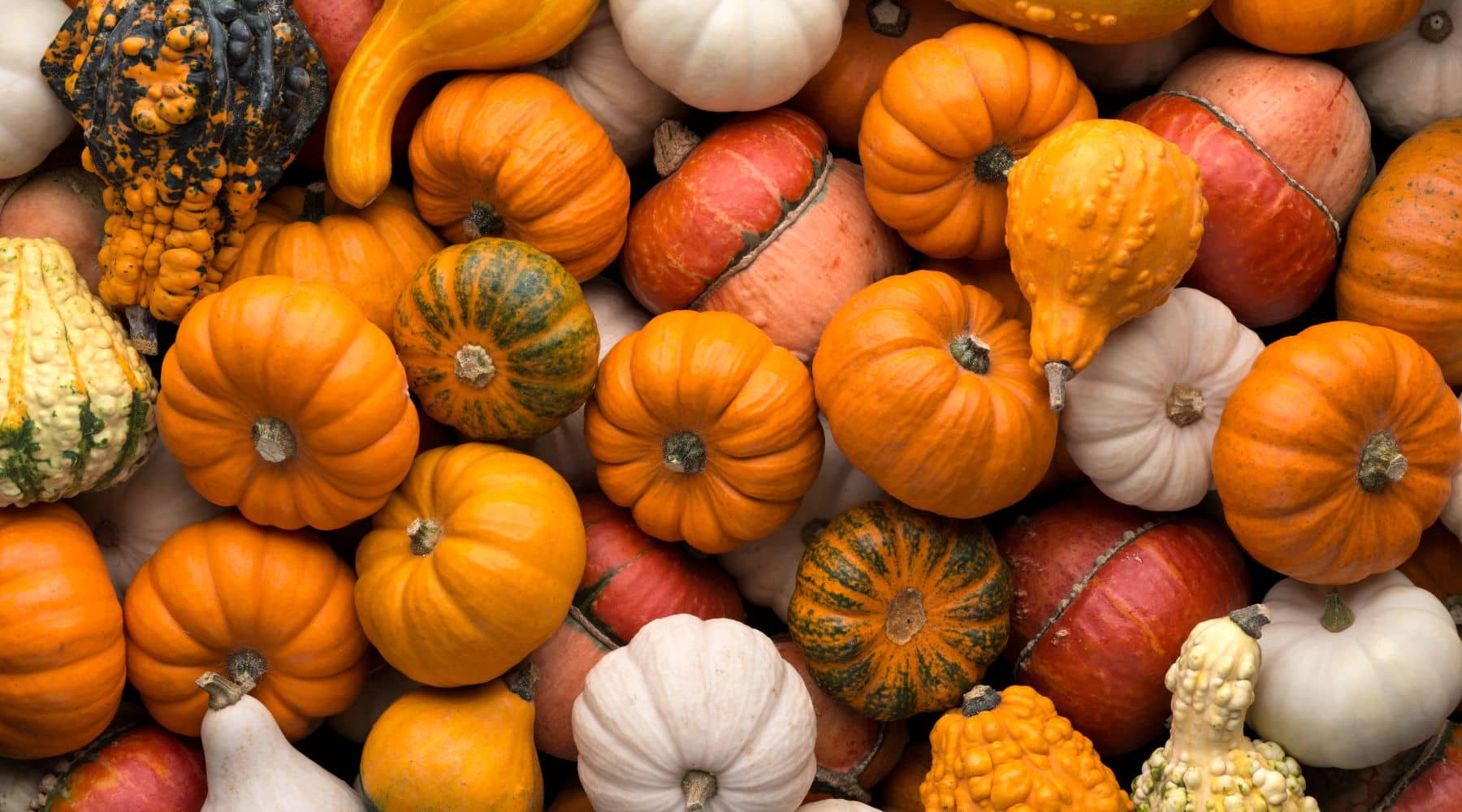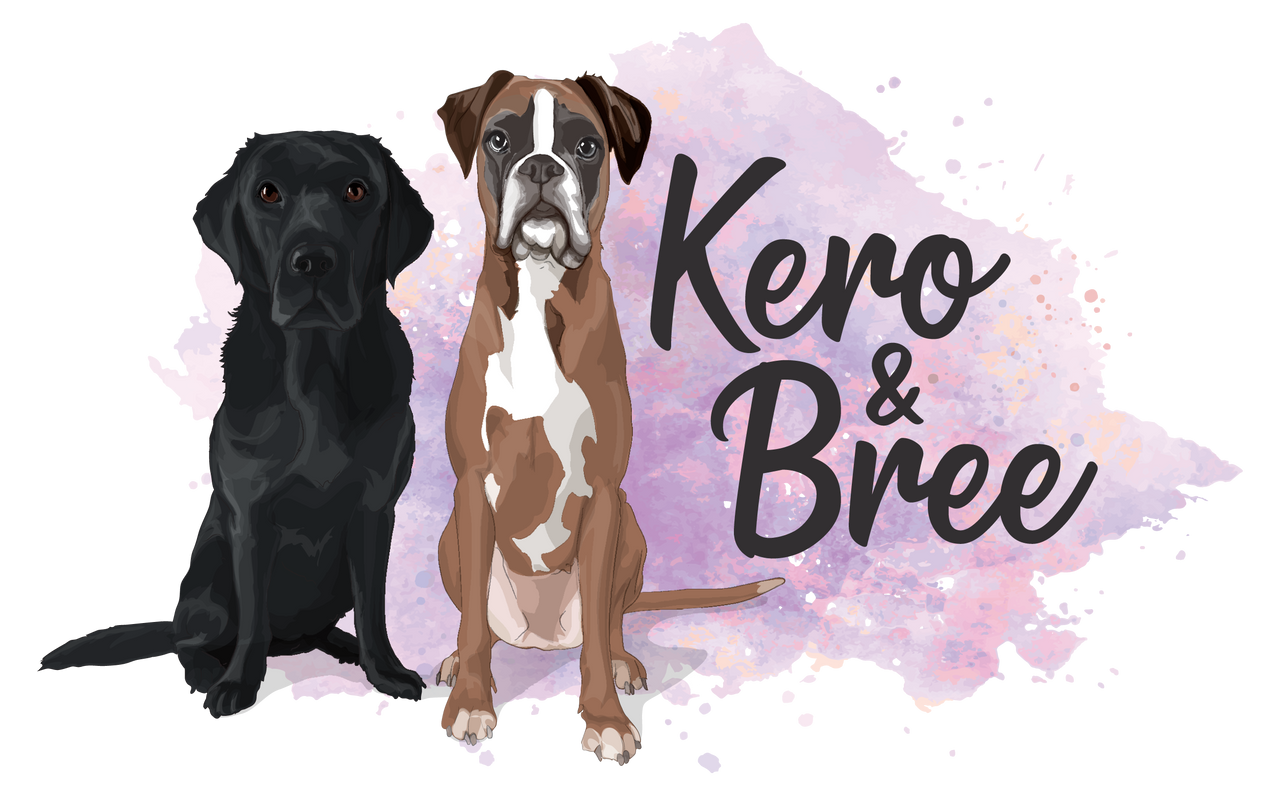
Can dogs eat pumpkin?
As Autumn approaches and pumpkin becomes a prominent fixture in seasonal decorations and dishes, you might wonder if your dog can have pumpkin, too. In this blog, we'll delve into whether dogs can eat pumpkin, considerations for incorporating it into their diet, and share pumpkin-related items to avoid.
Table of Contents
Can dogs eat pumpkin?
Can dogs eat pumpkin raw?
Can dogs eat pumpkin seeds?
Is pumpkin good for dogs
Considerations when feeding pumpkin
Pumpkin-related items to avoid
Can dogs eat pumpkin?
Yes, dogs can eat pumpkin! Whilst dogs can enjoy pumpkin, it's important to opt for plain, cooked pumpkin flesh and avoid feeding the skin, stem or leaves. Tinned, unsweetened pumpkin puree or fresh pumpkin that has been boiled, steamed or baked are excellent options. Avoid tinned pumpkin pie filling, as it may contain added sugars, spices, and other ingredients that are not suitable for dogs.
Dried pumpkin is another option that is suitable for dogs. If you're considering dried pumpkin, always ensure it is free from additives or preservatives.
Can dogs eat pumpkin raw?
No, raw pumpkin can be challenging for dogs to digest and may lead to stomach upset or discomfort. Always cook pumpkin before offering it to your dog, as this helps break down its fibres and makes it easier for them to digest.
Can dogs eat pumpkin seeds?

Yes, dogs can eat pumpkin seeds in moderation. Ensure they are shelled and roasted, and be mindful of portion sizes due to their high-fat content. Pumpkin seeds can also pose a choking hazard, especially for smaller dogs. To reduce this risk, crush or finely chop the seeds before offering them to your dog.
Is pumpkin good for dogs?
Pumpkin can be a tasty and nutritious treat for your dog, but it's essential to approach it with moderation and in the context of a balanced diet. In small quantities, pumpkin can offer several benefits to dogs.
It is a good source of dietary fibre, which can aid in digestion and help alleviate specific gastrointestinal issues. If your dog experiences occasional digestive problems or constipation, adding a small amount of plain, cooked pumpkin to their diet can often provide relief.
Additionally, pumpkin contains essential vitamins and minerals, such as vitamins A and C, and potassium, which can support your dog's overall health.
However, it's crucial to remember that while pumpkin can be a valuable addition to your dog's diet, it should not replace their regular meals. It would be best to view pumpkin as an occasional treat or supplement rather than a primary food source. Feeding your dog a well-balanced diet tailored to their needs should always be the top priority.
Furthermore, not all dogs react the same way to new foods, including pumpkin. Some may tolerate it well, while others might experience digestive upset if they consume too much. As with any new addition to your dog's diet, it's wise to introduce pumpkin gradually and monitor their response.
In summary, while pumpkin can be a healthy and tasty treat for dogs, offering it in moderation and as part of an overall balanced diet is essential. Maintaining a well-rounded and nutritious diet is the best way to ensure your dog's long-term health and happiness.
Considerations when feeding pumpkin to your dog
When feeding pumpkin to your dog, it's important to be aware of certain considerations and follow these guidelines when offering it.
1. Choose plain pumpkin: When feeding pumpkin to your dog, opt for plain, unsweetened, and unseasoned pumpkin. Tinned pureed pumpkin is a convenient option, but make sure it contains no added sugar, spices, or artificial additives. Fresh, cooked pumpkin is an excellent choice as well.
2. Moderation in key and introduce gradually: While pumpkin can benefit dogs, offering it in moderation is essential. Too much pumpkin can lead to an upset stomach or diarrhoea. Start with a small amount, and observe how your dog's digestive system responds before increasing the portion size.
3. Choose the right type of pumpkin: When adding pumpkin to your dog's diet, ensuring their health and well-being is essential. Here's what you should opt for and avoid:
Opt for:
- Plain, cooked pumpkin: Boil, steam, or bake fresh pumpkin without adding seasonings, spices, or sugar.
- Tinned, unsweetened pumpkin puree or homemade: Use tinned, unsweetened pumpkin puree or homemade pumpkin puree without additives.
- Dried pumpkin: Look for all-natural dried pumpkin pieces or powder without additives or preservatives.
- Baby food pouches containing pumpkin: These can be perfect for convenient enrichment toy preparation, but check all ingredients to confirm they are dog-safe. Opt for pouches with pureed pumpkin and no harmful additives.
Avoid:
- Tinned pumpkin pie filling: Stay away from pumpkin pie filling and flavoured pumpkin products meant for human desserts, which contain added ingredients unsuitable for dogs.
4. Treat, not meal replacement: Pumpkin should be considered a treat or an occasional addition to your dog's regular diet. It should not replace a balanced diet.
5. Food allergies and intolerances: Dogs can have allergies or sensitivities to certain foods like humans. When introducing pumpkin, watch for any signs of an adverse reaction. If you notice any symptoms, discontinue pumpkin and consult your vet.
Pumpkin-related items to avoid giving to your dog

While dogs can enjoy pumpkin itself, there are some pumpkin-related items that you should avoid giving to your dog:
1. Pumpkin-flavoured products: As tempting as it might be to share the joys of pumpkin spice season with your dog, it's best to avoid flavoured pumpkin products. Treats, desserts, or foods infused with pumpkin often contain added sugars, spices, and artificial flavourings that can be harmful to dogs.
2. Pumpkin spice: Many pumpkin spice products, like pumpkin spice lattes or baked goods, contain spices like cinnamon, nutmeg, and cloves, which can be toxic to dogs in large quantities. These spices can cause stomach upset, diarrhoea, or even more severe health issues.
3. Pumpkin pie filling: Commercial pumpkin pie fillings often contain added sugars, spices like nutmeg, and other ingredients that can be harmful to dogs. Avoid giving your dog pumpkin pie filling and stick to plain, cooked pumpkin or unsweetened pumpkin puree.
4. Decorative pumpkins: Decorative pumpkins, commonly used for carving and seasonal decorations, can pose potential risks to your dog if ingested. These pumpkins are often treated with chemicals to extend their shelf life and prevent decay, which will be harmful if consumed by dogs. Furthermore, pumpkins left on display eventually decay and get mouldy over time, which poses another hazard to dogs if ingested. To ensure your dog's safety, keep decorative pumpkins out of their reach and keep them under close supervision during outdoor activities.
5. Raw pumpkin: Raw pumpkin can be difficult for dogs to digest and may cause stomach upset. It's best to feed your dog cooked pumpkin, which is easier for them to digest.
Keep in mind that the list of pumpkin-related items mentioned above is not exhaustive. Always read labels and assess the ingredients of any pumpkin products before considering feeding them to your dog. If in doubt, it's best to skip sharing to ensure your dog's safety and well-being.
In conclusion, pumpkin can be a healthy and tasty addition to your dog's diet when fed in moderation and prepared correctly. Whether you're offering freshly cooked pumpkin, tinned, dried, or homemade pumpkin treats, it's essential to ensure it's plain and free from additives or flavourings, such as sugar and spices.
Nonetheless, it remains crucial to consult your vet before introducing new foods to your dog's diet, especially if they have specific dietary restrictions or health concerns. Every dog is unique, and what works for one may not work for another.
As responsible dog parents, our priority should always be the health and happiness of our pups. By making informed choices and monitoring their response to new foods, you can ensure that your dog can enjoy pumpkin safely and with the right approach, you can share the joys of pumpkin season with them.
If you liked this post, you might enjoy How to make pumpkin puree for dogs or Can dogs eat peanut butter?
[ POSTED 05 OCTOBER 2023 ]
